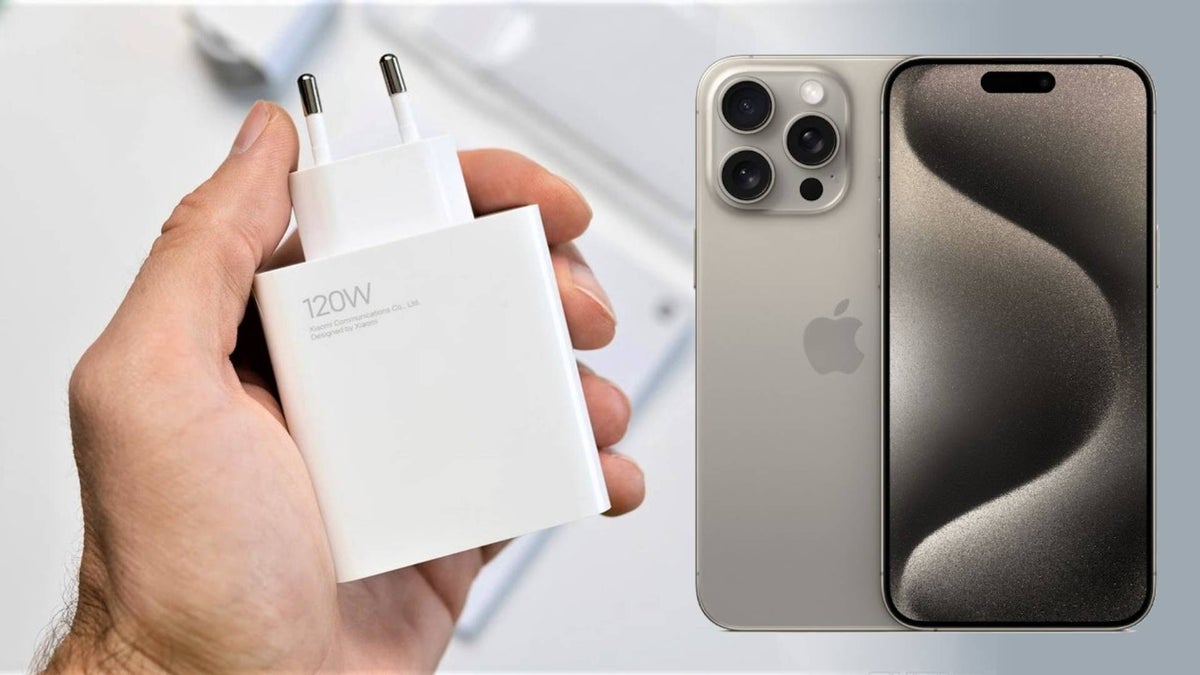A public service announcement (PSA) is a message in the public interest disseminated by the media without charge to raise public awareness and change behavior.
Just the other day, Apple came up with another PSA: it warned iPhone users about overnight iPhone charging.
Why? Because it could be dangerous, if not handled properly. It could result in “fire, electric shock, injury, or damage to iPhone or other property”, as they put it.
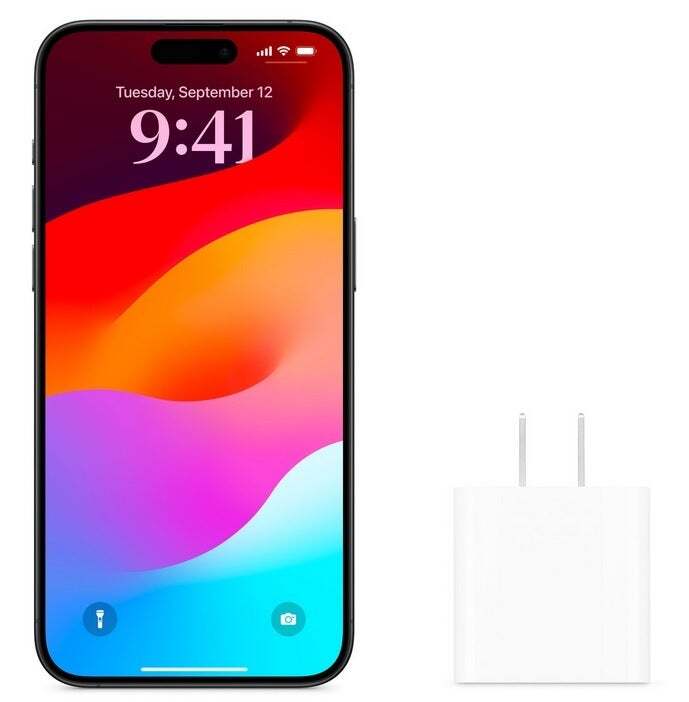
It’s only a phone, but a lot can happen, if mishandled!
Here’s what Apple’s support page says:
For example, don’t sleep on a device, power adapter, or wireless charger, or place them under a blanket, pillow, or your body, when it’s connected to a power source. Keep your iPhone, the power adapter, and any wireless charger in a well-ventilated area when in use or charging. Take special care if you have a physical condition that affects your ability to detect heat against the body.
You don’t have to be on the paranoid side to get concerned about getting incinerated while having a wonderful dream. Or riding the plug lightning, for that matter – it doesn’t really matter if the outcome is the same.
A proposition for you, Tim
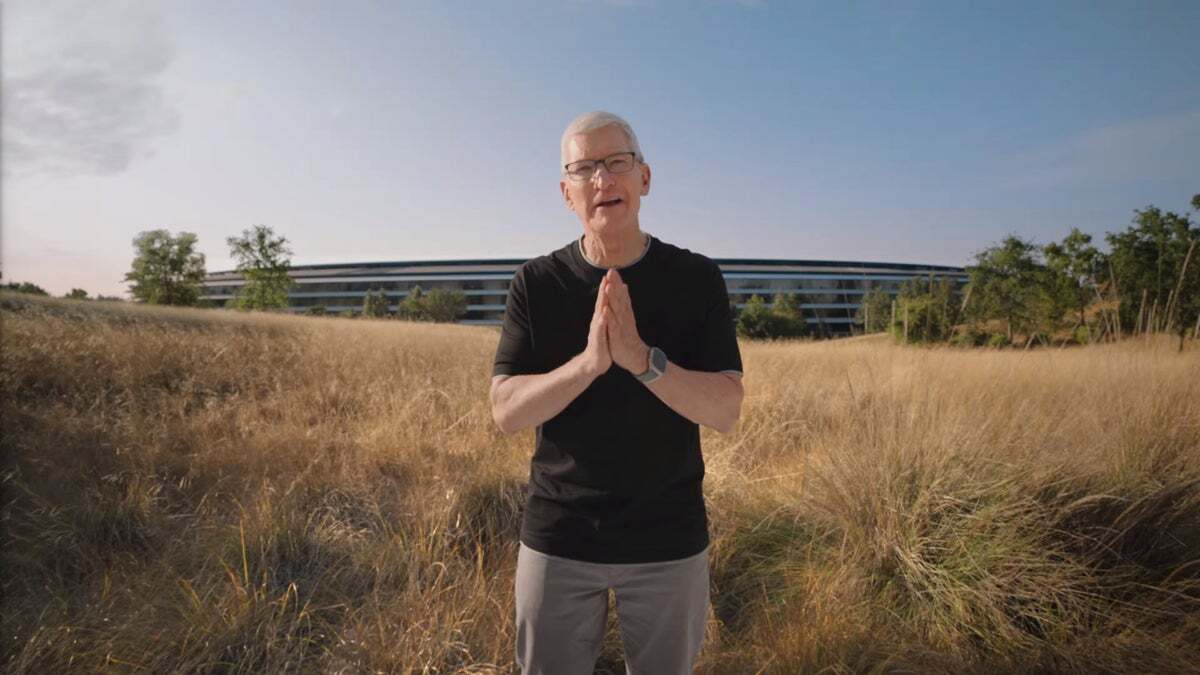

I know you’re reading this, Tim (we’re on a first-name basis with Tim Cook). So, here’s my advice:
Enough with the 25W max charging speeds for the iPhone! Let’s have a truly fast charging iPhone, let’s have 100W speeds!
I’m glad you asked. Here are three reasons why I think my idea should materialize for the upcoming iPhone 16 series:
- It’s fast
- It’s fast
- It’s fast
Pretty convincing, right?
Joking aside, I think fast charging on an iPhone is a good idea, because this way, users will have one less problem to think about. Right now, they do have to think about charging their phones:
Oh, no, I forgot to charge my iPhone last night. I was about to plug it in and tuck it under my pillow, but then I remembered that Apple said that’s no good. Oh my, I’ve got only 3% battery left, how am I supposed to scroll TikTok now?! I’m going to faint!
–Everyone, at a point in time
So, fast charging is convenient.
Whoever sells convenience, sells the most. And I do know, in fact, that Apple wants to sell the most.
And, most importantly, if your iPhone could be charged in the morning while you’re taking a shower, why do it overnight – regardless of whether there’s a fire hazard?
The battery on the iPhone 15 is impressive


That’s apparently the direct consequence of using a “stacked” battery production method, akin to those in electric vehicles. This way, the iPhone 15‘s battery has a more uniform internal structure that enhances energy density and stability.
Stacked batteries exhibit improved efficiency and thermal management, though manufacturing complexity and costs are higher. Conversely, the “traditional” non-stacked winding battery method, characterized by its cylindrical or prismatic shape, offers ease of manufacturing and robustness but may have slightly lower energy density due to the winding process.
The competition batteries are more than impressive
We can’t talk about phone batteries and not mention the Hotwav W11, a true Hulk of a battery champion! This one will blow you away with a 100-day stand-by battery life!
That was a nice little detour, but let’s get back to the point.
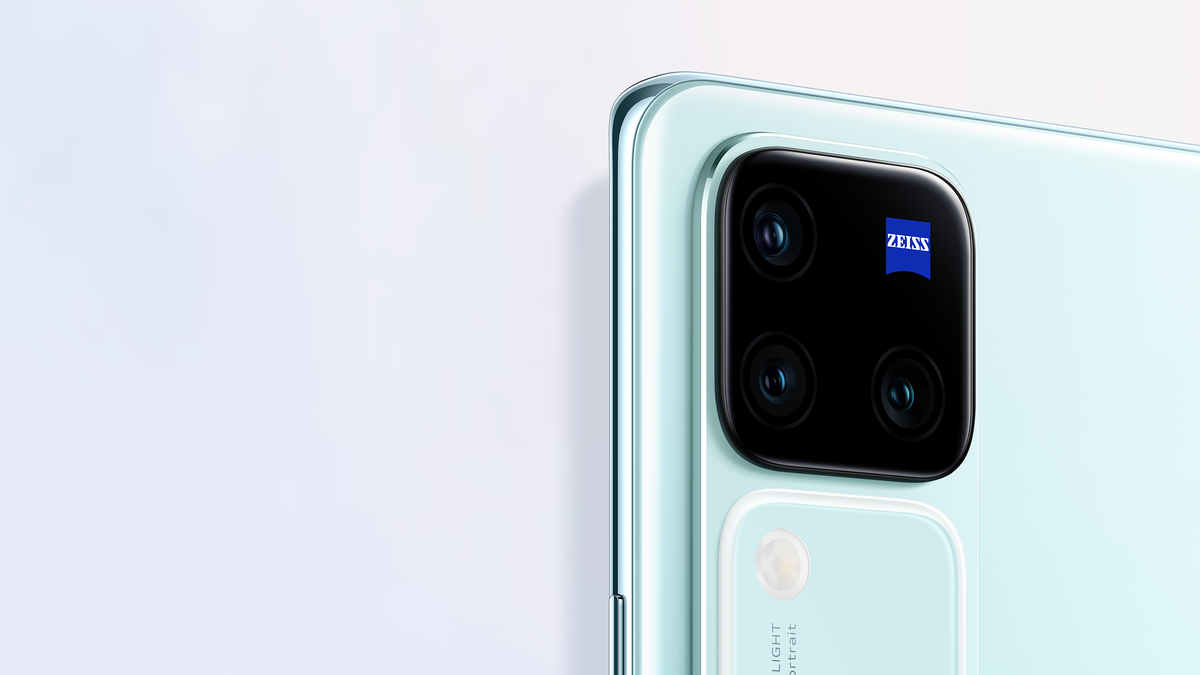

The Vivo V30 Pro is promising as well!
The 1000 charge cycles on the iPhone 15 line are impressive, but the Vivo V30 Pro (announced at the end of February 2024) is even more impressive – Vivo claims the battery health remains above 80% even after 1600 charge-discharge cycles. That’s a battery lifespan of four years, wow! Another “wow” is that the Vivo V30 Pro is sold around the $500 price tag around the world (not in the USA, though). And the iPhone 15 is certainly not $500, right?
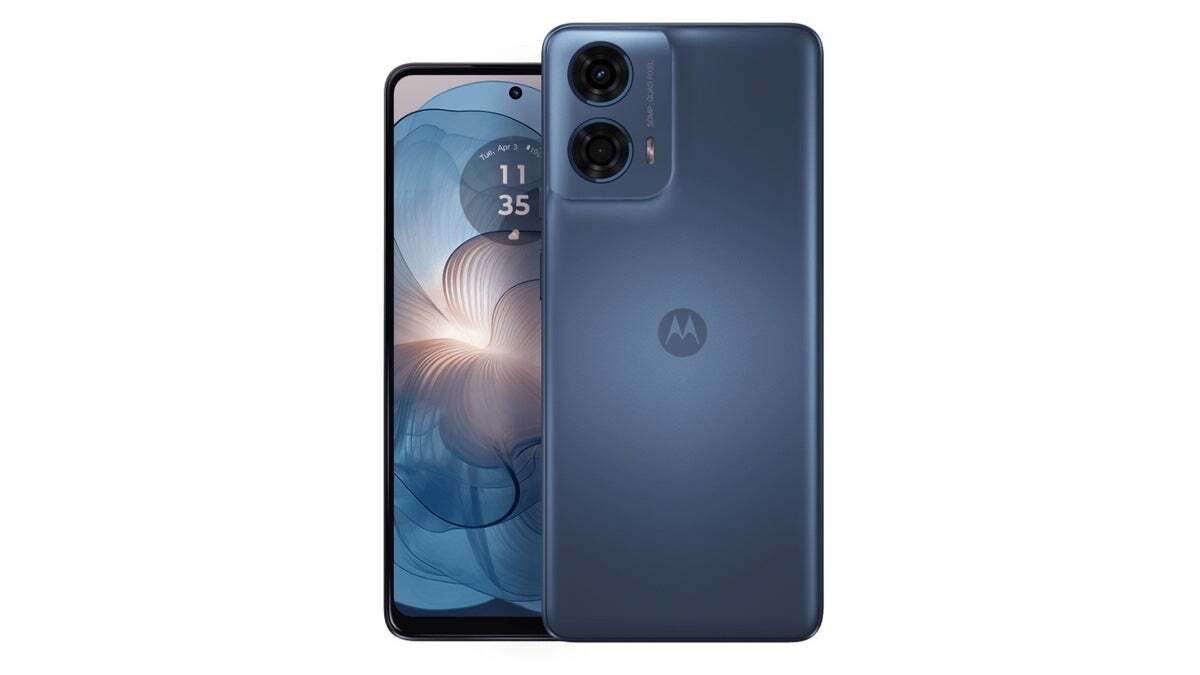

Even the Moto G24 Power is faster the iPhone… in terms of charging
Since we’re talking about cheaper options, how about something truly budget-friendly? Let’s check out the Moto G24 Power. This one packs an absolutely colossal 6,000mAh cell while costing a measly $108 and up and India. It offers 33W charging speed – that’s more than the iPhone 15 Pro Max‘s 25W charging speeds. Cool, right?
Okay, we’re talking about batteries, so we can’t pass by the Honor Magic 6 Pro just like that. After all, this phone can literally survive for days in a freezer. That’s thanks to its silicon-carbon battery.
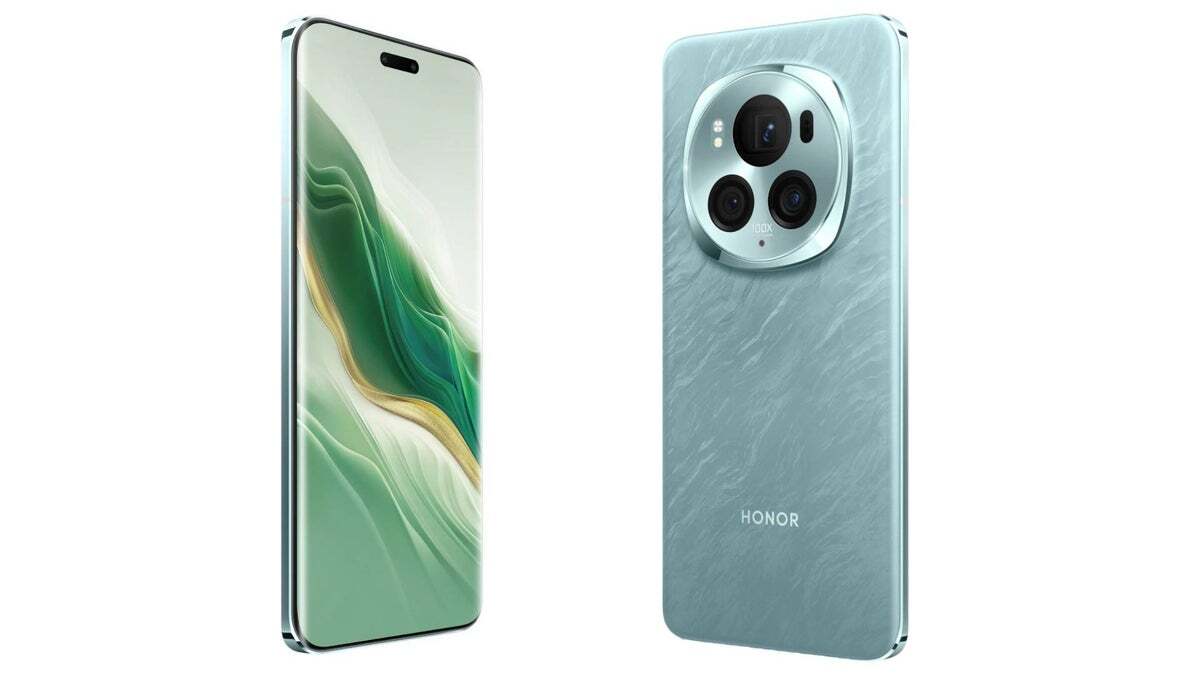

The Honor Magic 6 Pro is a battery beast
It’s a 5600 mAh battery with 80W wired SuperCharge and 66W wireless SuperCharge speeds, but the most important thing is that the Magic 6 Pro packs the second-generation silicon-carbon battery from Honor.
This cutting-edge battery technology boasts superior performance and longevity, particularly in colder climates, marking a significant advancement in smartphone capabilities and establishing new benchmarks for the industry.
In summary, silicon-carbon batteries present an enticing option for several reasons. Firstly, the silicon-carbon battery demonstrates remarkable performance and durability, particularly in colder climates. Secondly, the transition from traditional graphite to silicon-carbon materials substantially increases the anode’s capacity, offering up to ten times more capacity, which is good news.
Who’s the fastest of them all?
If we’re to talk about the absolute fast-charging champions out there, we’ll have to leave Apple, Samsung, and Google behind. Wa-a-y behind.
Currently, the most recently released fastest charging phone is the Realme GT3. It maxes out at 240W of charging speed, which is enough to fill up its 4,600 battery in 9 minutes and 30 seconds.
Not even 10 minutes. That’s crazy!
I’m not advocating for 200W+ speeds on the iPhone. 100W, or, heck, even 80W would be nice.
If I can charge my phone while waiting for the coffee machine to do its thing and take a shower in the morning, I’m dead serious: I’ll never ever leave my phone plugged in overnight.
Apple can even include this as a clause in the contract when buying an iPhone:
Now that we’ve given you blazing fast charging speeds, do you renounce the overnight charging habit?
Yeah, “no problemo”!
